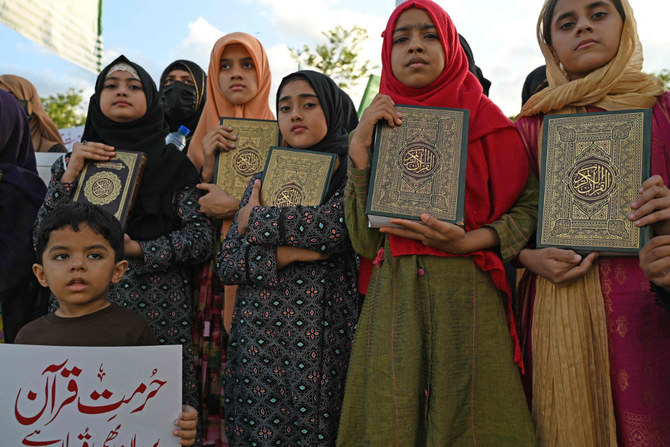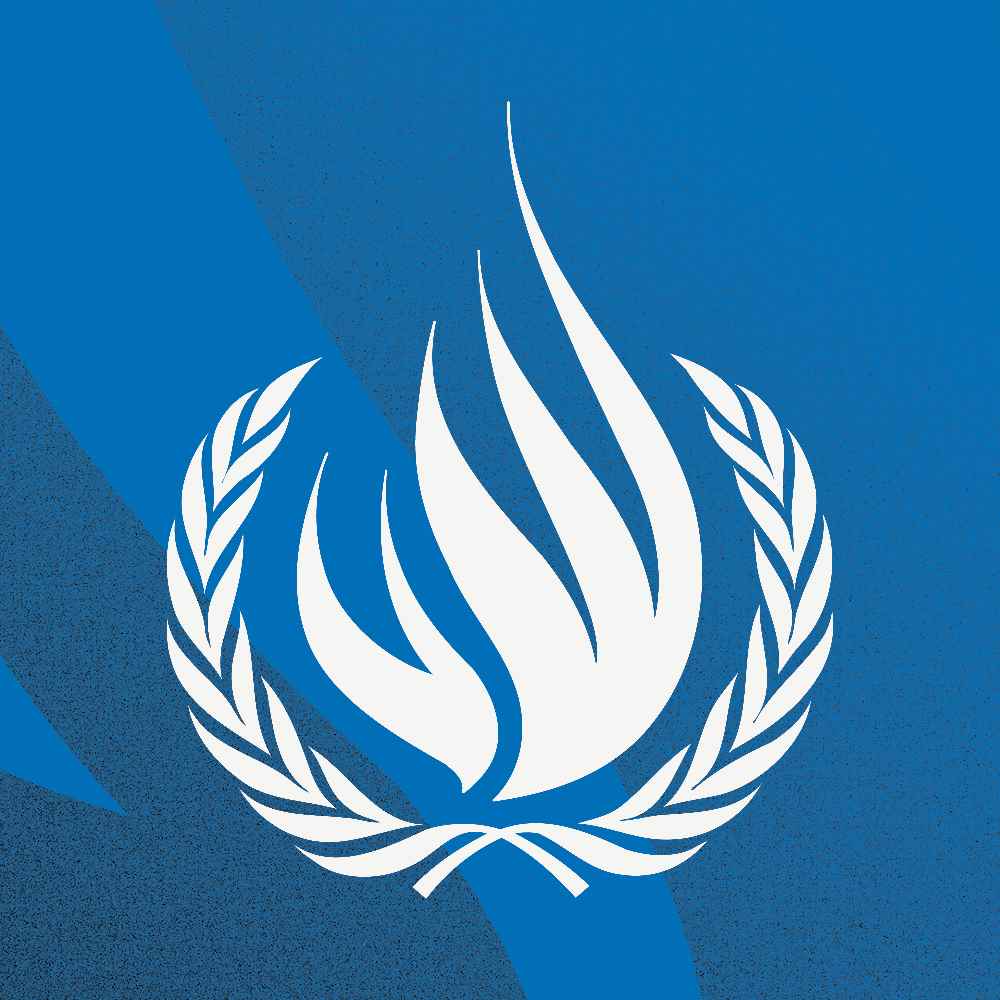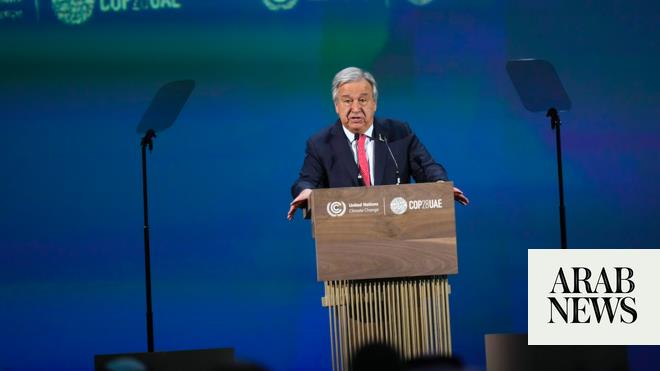
The last few weeks have seen the recurrence of an Islamophobic act in Sweden that triggered condemnations and protests in Muslim countries and the fatal shooting of a Muslim teenager by French police that sparked violent riots. The circumstances and contexts surrounding the two incidents, as well as the reactions of officials in Sweden and France, are different, but there are some common factors that have again raised questions about anti-Muslim prejudice and the limits of tolerance and freedom in Europe.
The burning of a copy of the Qur’an in Sweden and the fatal shooting in France are not new; similar acts have occurred in recent months and years, with similar reactions and outcomes. It is time to look deeper into why this is happening, address the underlying causes and prevent the reactions from escalating into violence.
There is no doubt that the current global political and economic tensions, migration issues in Europe and a rise in Islamophobia are the background to the violent reactions. Added to that are politicians, far-right parties and extremists exploiting such acts for their own political gain. Needless to say, violent riots and protests are unacceptable and reprehensible. Those who commit and fuel criminal acts should be held accountable.
The fact of the matter is that desecrating a copy of the Qur’an does not advance or serve the cause of freedom of expression in any way. It is not an expression in an intellectual religious debate, a call to highlight religious abuse or discrimination, or a way of raising awareness about the religious rights of a minority group. It is a bigoted, uncivilized act that speaks of the narrow-mindedness of the perpetrator, committed purely for publicity, political reasons and to antagonize Muslims. Yet, it is protected by the law under the banner of freedom of expression. Such legal justifications should be revised because freedom of expression has never meant the freedom to express hatred, racism and disrespect.
Although the Swedish government and the EU have distanced themselves from the act and acknowledged and condemned it as Islamophobic, that does not absolve them of the responsibility to take stricter measures in defining the limits of freedom of expression and protecting the freedom of Muslims to practice their religion without fear of hostility toward them and their beliefs. International laws clearly prohibit acts that incite hatred and violence. Burning a copy of the Qur’an is an act of hatred and evidently incites hatred and violence.
There is a fundamental difference in perceptions and the understanding of tolerance, freedom of expression and freedom of religion between secular Western laws and religious believers (not only Muslims). We need to bridge this gap and reach a common ground of mutual respect.
Desecrating a copy of the Qur’an does not advance or serve the cause of freedom of expression.
Maha Akeel
Some argue that ignoring such abhorrent acts as burning a copy of the Qur’an or insulting the Prophet would quell the attention seekers, the copycats and the defiant. Perhaps, but it could also encourage more provocative acts and increase the disillusionment and alienation. Many Muslim countries, as well as the US and the UN, issued strong statements of condemnation following the recent act in Sweden, and some took diplomatic measures that validated Muslims’ sense of injury from the act. For civilians, there are lawful ways to express outrage, including peaceful protests, boycotts, writing letters to elected officials and signing petitions. More important is to conduct genuine efforts toward intercultural dialogue, community engagement and media campaigns to foster understanding and tolerance.
Similarly, in France, instead of blaming social media, video games or the families of the teenagers who poured onto the streets in anger and frustration, it would be wiser to address the underlying grievances of oppression, discrimination and racism. The UN called out the shooting of the teenager as due to deep issues of racism and discrimination in law enforcement, which must be addressed, as well as reviewing the laws on the use of firearms by police.
However, it is not only a matter of socioeconomic grievances and marginalization for the large Muslim minorities in France and several other European countries. There is also a deep-seated suspicion and rejection of Islam and the manifestations of Islam, such as mosques, the call to prayer and the hijab, sometimes by law. If second and third-generation descendants of immigrants still do not feel accepted as French because of their religion or race, then there is a failure of integration on both sides. As long as the authorities do not realize or admit that there is a problem of racism in society, they will not be able to address the issue effectively.
It also does not help in terms of reducing tensions and feelings of resentment when boats carrying desperate refugees and migrants fleeing poverty and war in the Middle East and Africa sink, with thousands losing their lives, including children, while European countries scramble to prevent any refugees from crossing the Mediterranean or setting foot on their land. It is their right, of course, but where is the humanity and the human rights?
Last year, the UN adopted a resolution proclaiming March 15 as International Day to Combat Islamophobia. The UN secretary-general stated on the occasion that anti-Muslim bigotry is part of a resurgence in ethnonationalism, neo-Nazism, stigma and hate speech targeting vulnerable populations. A recent report by the special rapporteur on freedom of religion or belief found that suspicion, discrimination and outright hatred toward Muslims has risen to “epidemic proportions.” In recent times, institutional suspicion of Muslims and those perceived to be Muslim has escalated.
We need to put a stop to the vicious cycle of hate, violent reactions, institutional discrimination, more violence, hate, and so on.
• Maha Akeel is a Saudi expert in communications, social development, and international relations. She is a member of the UN"s Senior Women Talent Pipeline.
Twitter: @MahaAkeel1












